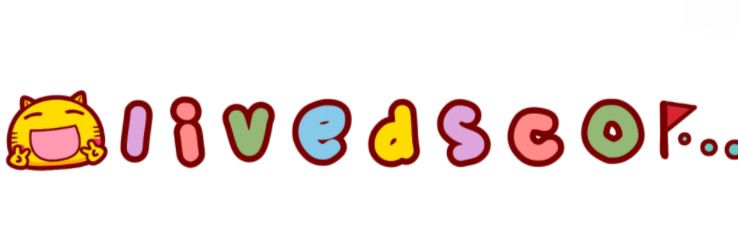Digital Kitchen Timer vs. Traditional Timer: Which Reigns Supreme?
Digital Kitchen Timer vs. Traditional Timer: Which Reigns Supreme?
The debate between a digital kitchen timer and a traditional timer is one that many home cooks face. With advancements in technology, understanding the differences can help you choose the right timer for your kitchen needs.
If you want to learn more, please visit our website Digital Kitchen Timer.
1. What is a Digital Kitchen Timer?
A digital kitchen timer is an electronic device used to measure time with precision. It typically features a screen that displays numbers and can be programmed to count down from a set amount of time. Some models come with additional features like alarms, multiple timers, and backlit displays for easy reading.
2. What are the Benefits of Using a Digital Kitchen Timer?
Here are several benefits of using a digital kitchen timer:
- Precision: Digital timers provide accurate timing to the second, which can be crucial for recipes requiring exact timing.
- Ease of Use: Most digital timers have a straightforward interface with buttons for starting, stopping, and resetting.
- Multiple Timers: Many digital timers can set multiple countdowns simultaneously, making them ideal for complex meals.
- Clear Display: The large screens on digital timers ensure that the time can be easily read from a distance.
- Sound Alerts: Digital timers usually have loud alarm functions, alerting you when your time is up.
3. What are the Advantages of Traditional Timers?
Traditional timers, often mechanical, have their own set of benefits:
See also:How Can Crushed Tofu Cat Litter Private Label Services Benefit You?
Is Standard Size Tofu Cat Litter the Best Choice for Cats?
Clumping vs Non-Clumping: Which Odor-Neutralizing Cat Litter Wins?
- Simplicity: They are typically simple to operate, requiring no batteries or technical knowledge.
- Durability: A mechanical timer is less likely to break than electronic devices, as they have fewer delicate components.
- No Battery Needed: Traditional timers function without power sources, making them always ready to use.
- Aesthetic Appeal: Some people appreciate the nostalgic feel and classic design of traditional timers in their kitchen decor.
4. Which Should You Choose?
Say Goodbye to Mess: How the Right Clumping Plant Cat Litter Supplier Can Transform Your Cat Care Routine!
Choosing the Best Activated Charcoal Cat Litter
Choosing between a digital kitchen timer and a traditional timer depends on your cooking style and preferences:
- Precision Cooking: If you often follow precise recipes requiring exact timing, a digital kitchen timer may be the better option.
- Simplicity and Reliability: If you prefer a no-fuss approach and a timer that doesn’t need power, a traditional timer might suit you best.
- Complex Meals: For those who frequently prepare multiple dishes at once, a digital kitchen timer can manage various countdowns effortlessly.
- Style: If aesthetics are essential to you, consider how each timer fits with your kitchen's design.
5. Are There Any Disadvantages to Either Timer?
Yes, both types of timers have disadvantages:
- Digital Kitchen Timer: They require batteries, and the digital display can be prone to damage if dropped.
- Traditional Timer: They can sometimes be less accurate and may not have the same functionality as a digital one.
Conclusion
Ultimately, the choice between a digital kitchen timer and a traditional timer comes down to personal preference. Your cooking style and what features you find most helpful will guide you in making the best decision for your kitchen. Whichever timer you choose, having a reliable way to keep track of your cooking time is essential for great results.
Are you interested in learning more about Portable Tea Leaf Scale? Contact us today to secure an expert consultation!
- Previous: 7 Essential Features of a Portable Tea Leaf Scale You Need
- Next: None
- 0

